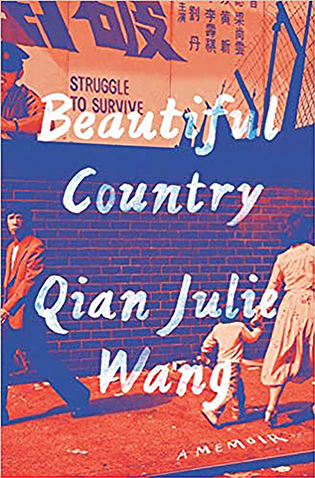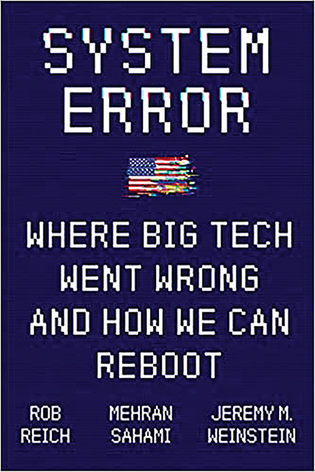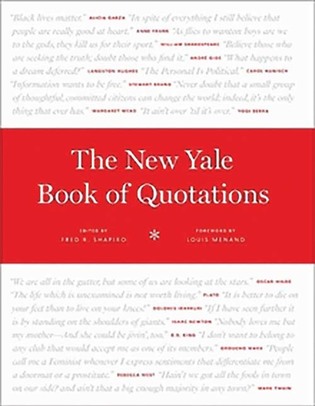
Beautiful Country: A Memoir
Qian Julie Wang ’12JD
Doubleday, $28.95
Reviewed by Sue Halpern ’77
When Qian Julie Wang ’12JD was in the fifth grade, her teacher accused her of plagiarism. He refused to believe that she, an impoverished recent immigrant from China, could have such a sophisticated command of English. It was the first time Wang was doubted, but it would not be her last—consider, for example, the Swarthmore professor who laughed at her ambition to attend a top-tier law school.
But in a perverse way, that fifth-grade teacher had discovered something that is on full display in Wang’s bracing new memoir, Beautiful Country: she is an exceptionally talented writer.
Wang and her mother left China when she was seven, joining her father, who had made the journey to New York City a few years earlier. He had been an English professor who chafed at China’s political repressions and believed he would have more freedoms in the United States. Her mother had been a math professor. Their life in China, as Wang describes it, was comfortable and sweet, and stood in stark relief to the manifold indignities required to survive as undocumented immigrants in America. At seven, Wang worked in a Chinatown sweatshop, sewing buttons for pennies. Hunger was a constant companion. Her clothes were ragged. Sent to a “special needs” classroom, she taught herself English from the books she found there. Later, she discovered the public library.
If this is beginning to sound like yet another story of triumph over adversity—well, it’s that, for sure. Against all odds and her father’s protestations, Wang was accepted at one of New York’s competitive junior high schools. Her mother, meanwhile, who had been working 12-hour days in a frigid industrial sushi warehouse that turned her hands purple and numb, went back to school at night to learn computer programming. She found out that her new skills qualified them for legal immigration to Canada, so she and Wang picked up again, moving to a place where they were welcomed, valued, and seen. Her father followed later.
But Beautiful Country is more than an account of one family’s resilience. It is an intimate and eloquent disquisition on what it is like to live in a country that relies on those who live in its shadows, where there is little beauty to be found.
Sue Halpern is a staff writer at the New Yorker and scholar-in-residence at Middlebury College.

System Error: Where Big Tech Went Wrong and How We Can Reboot
Rob Reich ’91, Mehran Sahami, Jeremy M. Weinstein
Harper, $27.99
Reviewed by James Ledbetter ’86
In a very short time, America’s most powerful tech companies went from the epitome of cool esteem to targets of angry scorn. The rapid fall was connected to the 2016 presidential election and social media’s inability to filter out obvious disinformation and propaganda—but the causes of public outrage are much broader, including privacy violations, predatory business practices, and economic dislocation. Yet these companies are not going away; how can their power be repurposed for better social outcomes?
That’s the assignment three Stanford professors gave themselves in this compelling, challenging book. Part of their approach is historical, tracing the history of algorithms and “optimization,” a term and concept that was largely unknown before 1947. A system or program that is optimized for speed or cost efficiency may be very good at accomplishing those goals, yet deficient in other ways. The fundamental problem with today’s tech titans is that they are optimized in ways that neglect or even undermine important social values. That problem will only be exacerbated as artificial intelligence continues to develop.
The authors caution against the natural sense of helplessness that many feel in the shadow of Big Tech. They offer a set of potential solutions, some of which are familiar—such as breaking up big companies and curtailing their use of data—and some of which seem more novel, such as developing a programming code of ethics and establishing penalties for violators, a kind of computer version of the Hippocratic Oath injunction “First, do no harm.” They acknowledge, however, that although the US and Europe might develop a perfect set of rules for the digital road, there’s no guarantee that China or other authoritarian regimes will follow them.
James Ledbetter is chief content officer at Clarim Media and author, most recently, of One Nation Under Gold: How One Precious Metal Dominated the American Imagination for Four Centuries.

The New Yale Book of Quotations
Edited by Fred R. Shapiro, Associate Director, Yale Law Library
Yale University Press, $50
Reviewed by Ben Yagoda ’75
Books of quotations were needed, until they weren’t, and then they were again. In 1855, Massachusetts bookstore owner John Bartlett, thinking it would be useful to have the best passages in one place, published a compendium called Familiar Quotations. By 1993, the book had gone through 16 editions.
However, as the internet developed, one might wonder whether such books’ time was passing. If you could find out with a click that Alexander Pope had written, “A little learning is a dangerous thing” you didn’t really need a fat reference work. Or did you? It turned out that the internet spawns fake quotes as rapidly as it does election conspiracies and COVID cures. Brainy Quote, which describes itself as “the world’s largest quotation site,” contains hundreds of quotes from the humorist Will Rogers, whose biography I wrote. The vast majority are false, fake, bogus—including 16 of the first 20.
The New Yale Book of Quotations is a creature of the internet, in a good way. Editor Fred Shapiro, in both the 2006 first edition and this greatly expanded one, has mined vast databases to, as he puts it, “trace quotation sources to their authentic origins or earliest discoverable occurrences.” In so doing, Shapiro has corrected dozens of misattributions—a remarkable number of them originated by women but ascribed to men. It wasn’t Winston Churchill but Edith Snowden who coined “the Iron Curtain.”
Besides being authoritative, Shapiro’s book is eminently browsable. You start with an Emerson quote that leads you to Dorothy Parker, then to Modern Proverbs, and all of a sudden an hour has passed.
Ben Yagoda is the author of When You Catch an Adjective, Kill It and many other books.
 loading
loading

